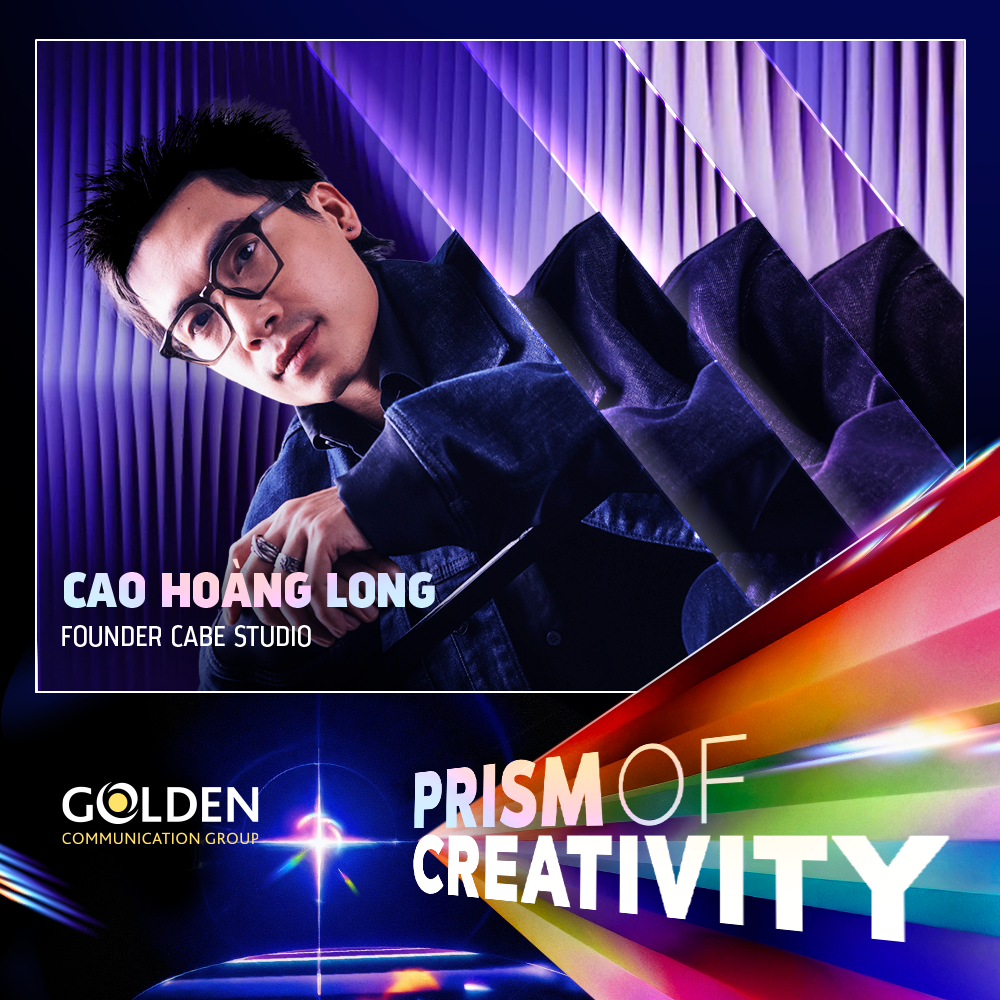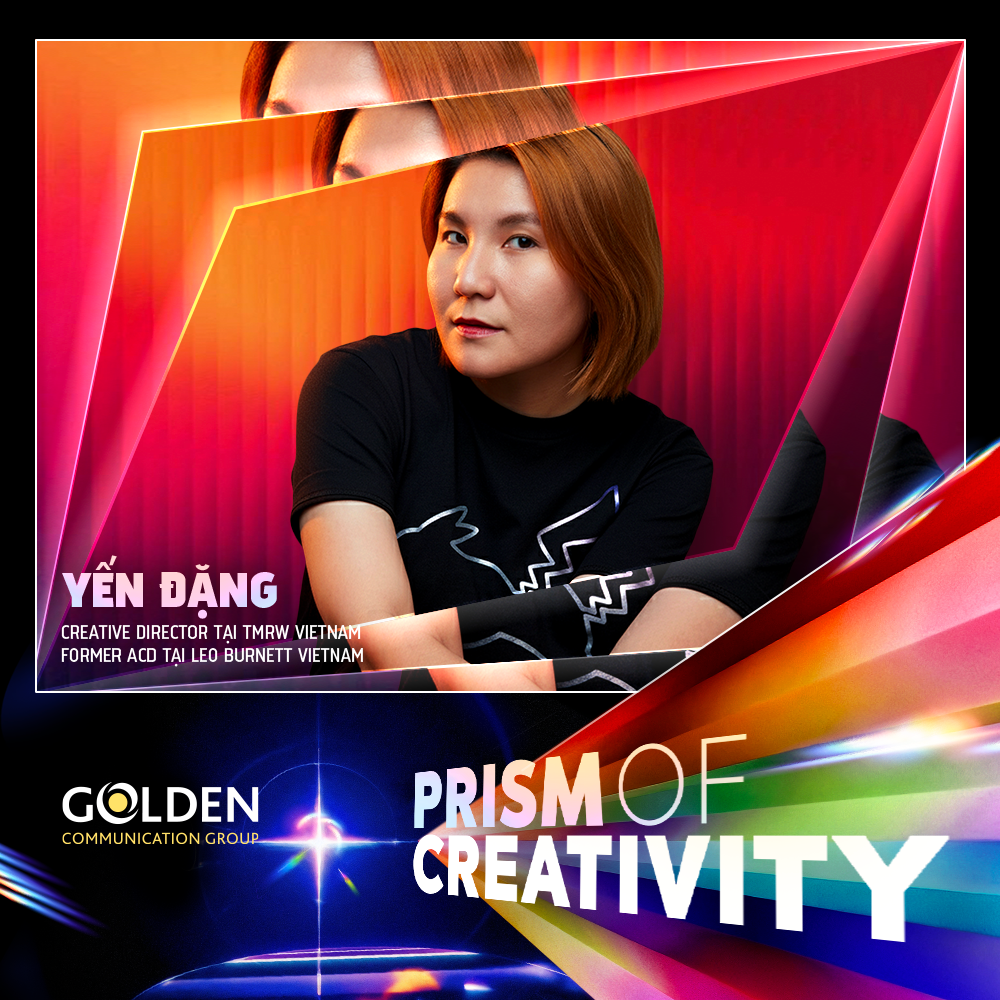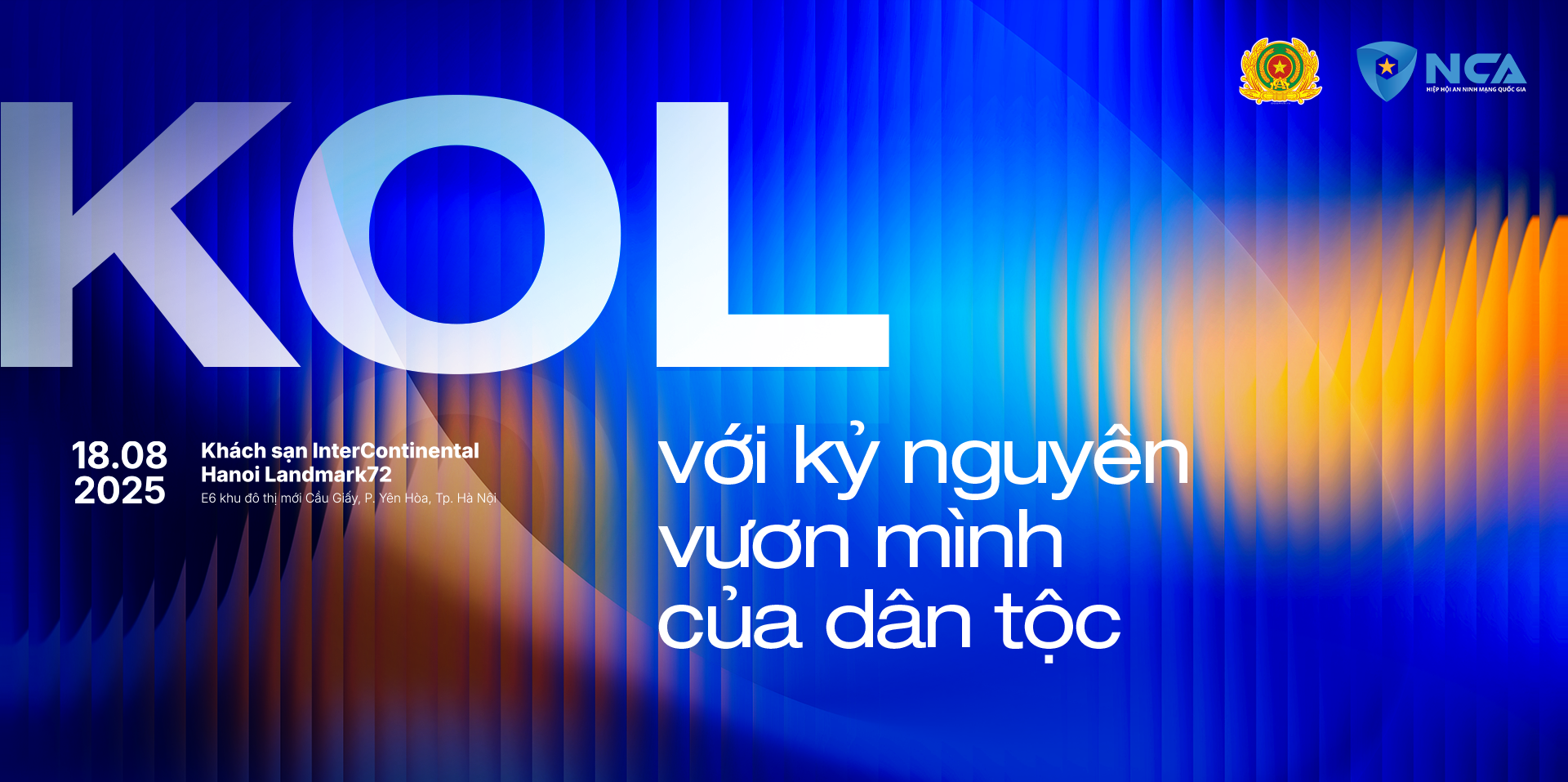Loyalty and Millennials
- share
- copy link
This article argues that to win the loyalty of millennial consumers, brands should deliver exceptional products and services that are relevant, personalised and adaptable.
Millennials are much more independently minded than older generations when it comes to brands:
they are more prepared to switch, and are constantly seeking better and simpler services.
Increased competition - a result of technological advances and the speed of innovation - makes the product experience the greatest brand differentiator.
Companies with supposedly captive audiences that don't focus on delivering good service are vulnerable to category disruption as millennials are loyal only to those brands that make their lives better.
Millennials are loyal to exceptional products and experiences, not brands. To win the loyalty of this demographic, brands should shift their focus to building exceptional products that are personalised, relevant and adaptable and surround them with post-purchase customer support, adapted to the digital environment.
In the halcyon days of our industry, advertising succeeded by morphing the 'new' into the 'wanted'. Through famous, and now iconic, brand personalities and simple loyalty programmes, advertisers of yesteryear transformed consumers into customers and customers into loyalists. Competition for loyalty was fierce, but success could be as close as a creative campaign, a big media buy and a solid retention strategy. Promoting great products without a ready substitute was often enough to fast-track consumers straight to loyalists.
Our industry predecessors were so successful at creating a society of consumerism that today's advertisers are now faced with an entirely different problem: how to get Millennials, our newest generation of consumers, to remain loyal to a brand in a marketplace that is oversaturated with choice. According to a 2012 Forbes study, 70% of Generation Y reported that they were willing to stick with a brand simply because they were accustomed to it. Millennials, on the other hand, are more independent than any previous generation. Some 37% of Millennials claim to distrust big businesses; and the majority are willing to switch to new products, especially if they suspect a switch adds value or simplicity to their lives. NPR recently reported that the Millennial generation is leading the movement of abandoning landlines and voicemail services. Landlines are being replaced by cellphones (of course), and to a certain extent they are also being replaced by other no-cost channels such as Twitter, Facebook and even Snapchat.

In addition to a more fickle and demanding Millennial consumer base, today's brands face other challenges. The speed of innovation in product design, the rise of low-cost manufacturing hubs and the increasing challenge of enforcing intellectual property and patents have immeasurably changed the landscape of product development. Products can be stolen or white-labelled in less time. Innovation can disrupt an industry and transform start-ups into competitors almost overnight. Multiple digital channels allow consumer-to-consumer conversations and product feedback in real-time. But even as opportunities for companies to interact with customers have evolved, traditional blunt force advertising – shouting louder in multiple channels – is losing ground. It is becoming increasingly difficult to justify the RoI of traditional CRM campaigns.
The democratisation of products means that now, more than ever, consumer opinion has become the differentiation that truly makes or breaks businesses. Brands are increasingly uncoupled from the products they offer. In turn, this means that successful products are increasingly tied to the experience they offer rather than the brand that markets them. Brands that are able to offer personalised, individual and indispensable services win in today's marketplace.
To a certain extent, high-end luxury products have always followed this playbook, curating one-to-one interactions with their customers. Long before digital existed, bespoke tailors kept 'black books' on their customers, meticulously cataloguing personal preference, size and style information. That information was leveraged to upsell and make loyal customers feel unique. Today's brands need to leverage the sentiment of personalised real-time service and use digital tools to create parallel and personal experiences. A carefully curated online clothing shop today, such as Second Button or Stitch Fix, can provide a customer with an experience that still feels, forgive the pun, tailored. Even when a brand has a product at parity, it's possible to achieve loyalty though superior product support and service.
We all know that companies that hold customers captive without improving their services provide ripe opportunities for disruption. Classic examples are cable providers, which were slow to adapt to new channels and customised experiences, and, consequently, were hit hard by competitors with better and more thoughtful services, such as Netflix. Millennials will always opt for more flexible, cost-effective ways of getting the content they want vs. paying for a traditional model. Millennials remain loyal to the products and services that make their lives better.
The Atlantic magazine called Millennials the 'less-owning generation', meaning they care more about 'access' than ownership itself. Brands that have high price points and lengthy purchases should create or tap into a shareable or rentable structure. Rent the Runway and Silvercar are great examples of companies (and monetisation structures) that provide accessibility to Millennials who most likely wouldn't purchase these products outright.
We believe that the opportunity for fierce and passionate brand loyalty exists. But to achieve this, and to win over the hearts of the Millennials, we need to help our clients think about loyalty in a different way than they have ever done before. Below are five thought-starters on how to successfully win and keep Millennial loyalty.
Agonise over your asks
Never underestimate the importance of ease and convenience to your customers. How straightforward is your purchase and sign-up process? Do you obsess over the number of steps or data points you require of your potential customers? In today's marketplace, simple and seamless wins the day. Visualise a waiter at a high-end restaurant. Your food magically appears, your water glasses are full, your waiter anticipates your needs before you have a chance to ask. Does your customer flow feel like that? Remember, if another brand does it better or faster than you, they'll probably eat your dinner.
Disrupt yourself
More than 50% of the Fortune 500 companies from 50 years ago aren't around today. Why? They failed to innovate in the face of competition. Think of Airbnb stealing market share from the hotel industry, or Warby Parker challenging the sleepy eyeglasses market and, most famously, Netflix decimating Blockbuster. Obsess over ways to make your product better. Don't ignore customer feedback on your products or services. Learn from your competition; leapfrog on their achievements. As AKQA's CEO Ajaz Ahmed says, "It's good to be first, it's better to be good, it's best to be both."
Beta, Beta, Beta
Don't be scared of new product or service features. If you play it too safe, you'll never achieve optimal performance. Millennials are much more forgiving of technology innovation, and even applaud brands that take risks and don't always find instant success. Let your customers be an augmentation of your R&D group – beta with your product evangelicals. Don't be afraid to expose your thinking early and often. You can't go off into isolation without figuring out what the customers want: without feedback, you will go in the wrong direction. Consider product feedback as free beta testing. In a world where everything can be copied and adapted and marketed almost instantly, remember that products must constantly evolve to stay relevant. Beta is everything.
Move at the speed of business
The speed of service has changed and customer expectations have changed with it. New connectivity and multiple channels allow customers to communicate feedback on products and services in realtime. They expect their brands to respond at the same pace. But even in today's digital world, companies often lag behind the speed of today's communication.
For Millennials, instant feedback is the norm. They expect that a brand will interact with them. They reward brands that are self-aware. If a brand makes an error, it can get a lot of credit for owning and fixing its mistakes. Brands can learn a lot by starting to listen harder to the free feedback that is being offered to them through multiple channels, 24/7. A great example of allowing feedback to influence an experience is Uber. Uber allows riders to rate drivers in real-time. That feedback is built into the basic business model and instantly allows higher-rated drivers to pick up higher-rated customers first. Allowing customer feedback to positively influence a customer's future experience creates a loyalty response loop that benefits both the brand and the customer. Brands must learn to move and respond at the speed of business.
Surprise and delight
Consumer opinions make or break businesses. Adding a pleasant surprise or delight can be as simple as a gesture that makes a customer's life easier. AKQA helped Delta create the 'remember where I parked my car' feature inside the Fly Delta iOS application. Its addition supports the notion that Delta, as an airline, wants all aspects of your travel to be as easy and streamlined as possible. Any feature that predictively adds ease and convenience goes a long way to making an experience delightful, especially when it aggregates disparate parts of your life to give you data or tools you wouldn't otherwise have bundled together.
In closing, Millennials are loyal to exceptional products and experiences, not brands. Brands should shift their focus towards building and maintaining exceptional products that are personalised, relevant and adaptable. Additionally, they need to surround their products with post-purchase customer support, adapted to today's digital environment. Moreover, 24/7 feedback and intense consumer interaction is an opportunity to learn and improve. Provide phenomenal service and you will definitely be rewarded with Millennial loyalty.

.jpg)


.jpg)
